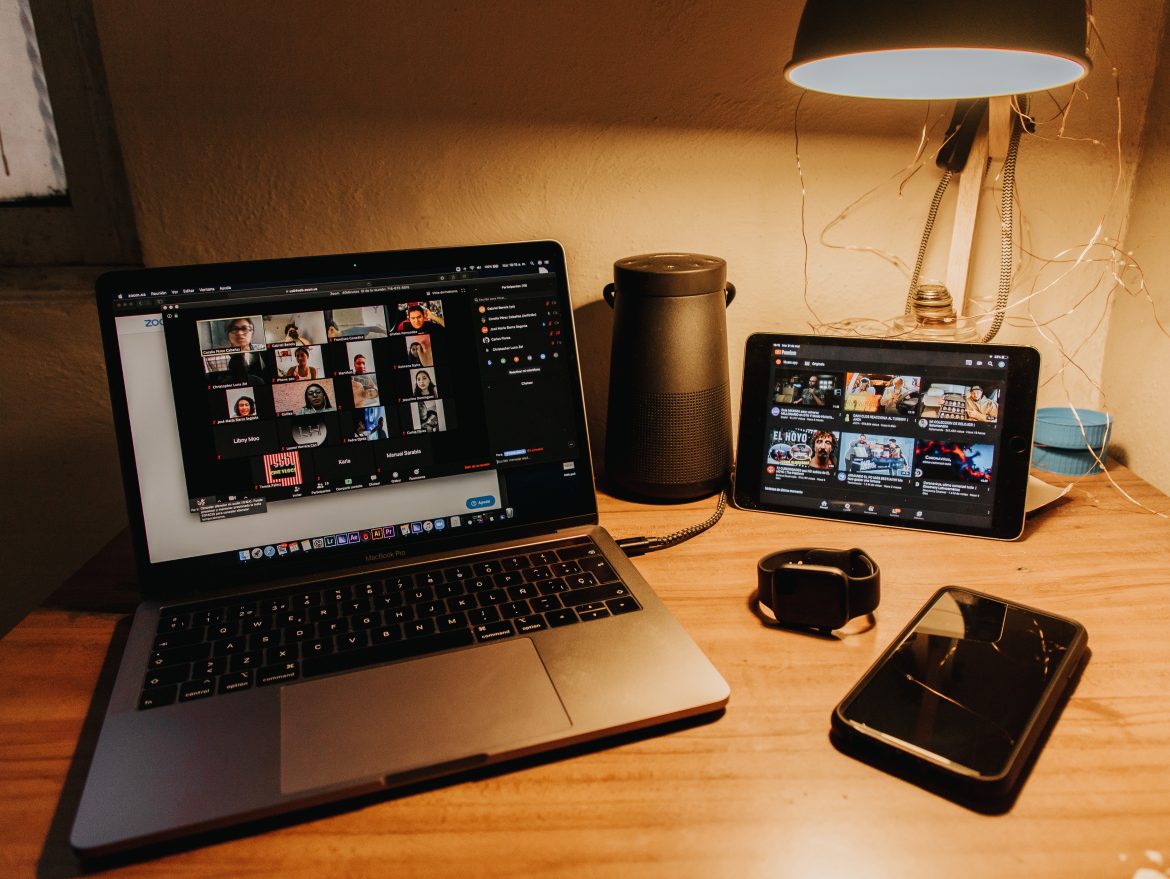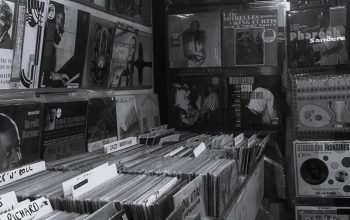Photo Credit: Gabriel Benois, Unsplash
How students can change their school lifestyles and seek autonomy
Andrew Roberts, The Mike Copy Editor
Picture this, you are at your desk and you just finished your latest Zoom lecture. As the waving hands of the students and professor flee the screen, you feel as if you are missing something from the ordinary lecture experience. Why would you feel this way though? It is all the same, same professor, same material, same student peers that you would have experienced otherwise. These feelings are the unfortunate outcomes of burnout; it’s a lot of the same experiences, but with a different feel.
To pinpoint where our dread comes from while experiencing burnout, I would like to refer to an essay I came across last year in my studies. Meaningful Work by Adina Schwartz discusses why it’s important for humans to push for new, complex, and unfamiliar places in order to become “autonomous” agents and build a life that is aligned with one’s goals. Being autonomous includes being able to change and adapt daily routines to reach a new level of intellectual growth. However, Schwartz describes that industrial work, such as production lines, are becoming far too monotonous and do not provide the “substantive complexity” that the human brain seeks. We can easily see parallels to Schwartz’s ideas today as the new school year begins. Students all gathered around their laptops eager to digest the new information, but alas, you may realize that the new material in your classes does not hold the same amount of impact that it would otherwise. You are disconnected from the luxuries that you once had, like sitting around common rooms and soaking in the atmosphere, with discourse among your fellow peers.
The problem with online classes surrounds the case of the “familiar.” Whether living in residence, at home, or off campus, learning online provides one singular hub that you will sleep, eat, learn, exercise, and socialize in. This gives the brain less complexity to deal with, and a lesser possibility of becoming autonomous agents than it would if exposed to the world-at-large. Walking to class, for example, provides students a sense of accomplishment. However small, this task gives you some complexity to the different ways you are digesting information. Talking to a new person that your friend recommended you should get to know establishes a new human connection, a new point of view, and new complex challenges to tackle. All of these little challenges we put our brains through are easily overlooked on a day to day basis, however, being stuck in quarantine for around six months, it now becomes apparent on how much I am missing out on. Combatting burnout consists of seeking something that is outside of our “familiar” to make the day seem less ordinary.
Schwartz believes that society fundamentally operates on fostering autonomy. These beliefs also coincide with many other philosophers’ beliefs on autonomy, namely Plato’s. In The Republic, Plato says that citizens should flourish to the greatest extent possible in their given abilities. This year at the University of Toronto, students may feel robbed of many in-person opportunities that may have strengthened their understanding of topics and real-life implications in the broader landscape of campus. Something like biology and philosophy, as I understand them, depend on humans interacting with each other and with nature. The development of thought simply does not happen solely in front of a computer screen, but with an exposure to the campus experience. The campus experience helps fuel the compiled journey toward autonomy. We are being deprived of this fuel due to the inevitable “familiar” that comes with burnout. So, as students, when we tread these undiscovered waters of online education, keep in mind about how these new circumstances help strengthen our overall trajectory of self-betterment and autonomy.
To achieve a new university lifestyle that is accessible for everyone, student leaders are working even harder than ever to combat burnout, seeking creative new ideas that will foster autonomy, build connections, and contribute to a productive learning experience for all students. For this to work, students must first acknowledge that they are feeling the effects of burnout in order to properly find changes to routine that can broaden mental activity. There are many online groups available, especially for first years, but it is all about being curious and open to these opportunities. Researching online for clubs and societies is a great start as there are a ton of options. Subscribing to this project of gathering as a social collective will not only help students to seek autonomy even in a pandemic, but conquer burnout and lead to a productive school year.




